US backs India after Kashmir terror attack, tensions rise with Pakistan
- Update Time : Sunday, April 27, 2025
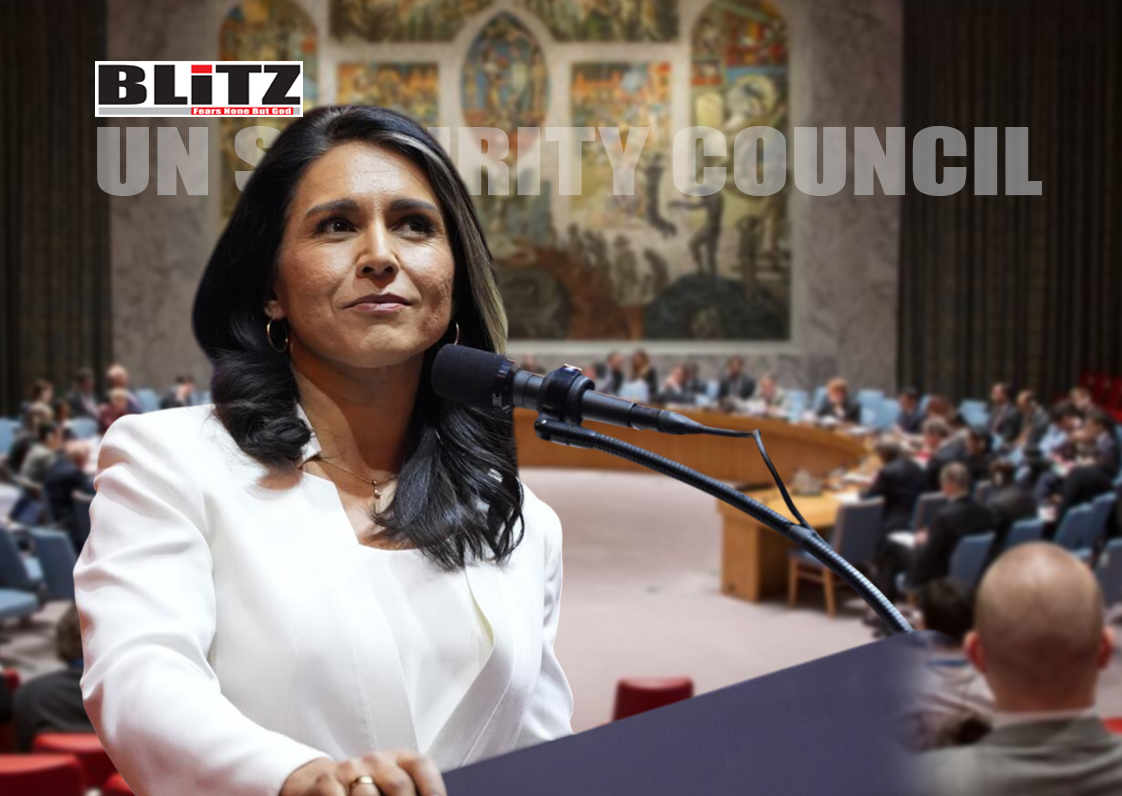
In the wake of a horrifying terrorist attack in Jammu and Kashmir’s Pahalgam on April 22, the United States has firmly stood beside India, offering solidarity and support as New Delhi moves to bring the perpetrators to justice. Tulsi Gabbard, the Director of National Intelligence (DNI) of the United States, personally wrote to Indian Prime Minister Narendra Modi on April 25, expressing condolences for the victims and condemning the attack, which claimed the lives of at least 26 people, including a foreign national.
Gabbard described the incident as a “horrific Islamist terrorist attack that killed Hindus” and assured India of Washington’s full backing. “We are with you and support you as you hunt down those responsible for this heinous attack,” she wrote on X (formerly Twitter), underlining the United States’ unwavering commitment to combating terrorism alongside its key strategic partner in South Asia.
The attack has sent shockwaves across India and the international community. Reports reveal that terrorists forced the victims to prove their allegiance to Islam before opening fire, indicating that the killings were religiously motivated. Outrage spread swiftly across the Union Territory and the rest of India, with mass protests erupting as citizens demanded justice and blamed Pakistan for harboring and supporting extremist groups operating in the region.
Investigations by Indian authorities have already linked the perpetrators to Pakistan and to areas under its illegal occupation. The Resistance Front (TRF), a shadow outfit believed to be associated with the banned terrorist organization Lashkar-e-Taiba (LeT), claimed responsibility for the carnage. This revelation has further inflamed tensions between the two nuclear-armed neighbors.
The Indian government, following an emergency high-level security meeting chaired by Prime Minister Modi on April 23, publicly highlighted “the cross-border linkages of the terrorist attack.” Officials pointed out that the attack coincided with the successful holding of elections in the Union Territory and the region’s growing economic recovery, suggesting that militants sought to destabilize progress in Kashmir.
The United Nations Security Council (UNSC) has also weighed in, issuing a strong condemnation of the terrorist attack on April 25. In a press statement, the council members expressed their “deepest sympathy and condolences” to the families of the victims and to the governments of India and Nepal. They emphasized the urgent need to hold the perpetrators accountable, calling for international cooperation to ensure justice is served.
“Terrorism in all its forms and manifestations constitutes one of the most serious threats to international peace and security,” the UNSC reiterated, underscoring the global consensus on combating terrorism. Council members urged all states to actively cooperate with Indian authorities in bringing those responsible to justice, reaffirming their commitment to the UN Charter and international law.
Despite mounting evidence and growing international support for India, Pakistan has rejected the accusations. In a statement issued by the Prime Minister’s Office on April 24 following a high-level meeting of the National Security Committee chaired by Prime Minister Shehbaz Sharif, Islamabad denounced India’s response as “highly irresponsible and legally unfounded.”
Pakistan’s government claimed that there was “no credible investigation and verifiable evidence” linking it to the attack and accused India of making “reckless, irrational, and illogical” statements. While Pakistan condemned the loss of life and expressed concern over the incident, it rejected any suggestion of complicity.
In retaliation for India’s accusations and the subsequent measures taken by New Delhi, Pakistan announced a slew of countermeasures. These include closing the Wagah Border Post, suspending certain visa facilities for Indian nationals, declaring India’s Defence, Naval, and Air Advisors in Islamabad as persona non grata, and closing Pakistani airspace to Indian airlines. Additionally, Islamabad stated it would suspend all trade activities with India.
These developments have sharply escalated tensions in South Asia. Following the attack and the preliminary findings pointing towards cross-border involvement, India moved swiftly to implement punitive measures against Pakistan. On April 23, New Delhi announced the suspension of the Indus Waters Treaty, a major diplomatic move given the treaty’s status as a longstanding cornerstone of India-Pakistan relations. India also ordered the closure of its borders with Pakistan and the expulsion of Pakistani personnel.
Moreover, on April 24, India’s Ministry of External Affairs suspended all categories of visas for Pakistani nationals with immediate effect, warning Indian citizens against traveling to Pakistan. This unprecedented step reflects the seriousness with which India views the security threat posed by its western neighbor.
The Kashmir attack has once again exposed the fragile security situation in the region and the persistent threat of cross-border terrorism. It also underscores the challenges facing efforts to stabilize and develop Kashmir, even as the Union Territory shows signs of economic revival and political normalcy after years of conflict.
As the crisis deepens, the United States’ unequivocal support for India marks a significant moment in the bilateral relationship, particularly in the domain of counterterrorism cooperation. With Washington backing New Delhi diplomatically and at international forums such as the United Nations, India appears determined to press ahead with efforts to isolate Pakistan on the world stage.
At the same time, the strong global condemnation, especially from the UN Security Council, signals a growing intolerance for religiously motivated violence and state-sponsored terrorism. As India prepares to take further diplomatic and possibly economic actions against Pakistan, the international community will be closely watching how the confrontation unfolds in the coming days.
For now, the victims of the Pahalgam attack serve as a stark reminder of the cost of unresolved hostilities and the urgent need for sustained international pressure to dismantle terror networks operating across borders.



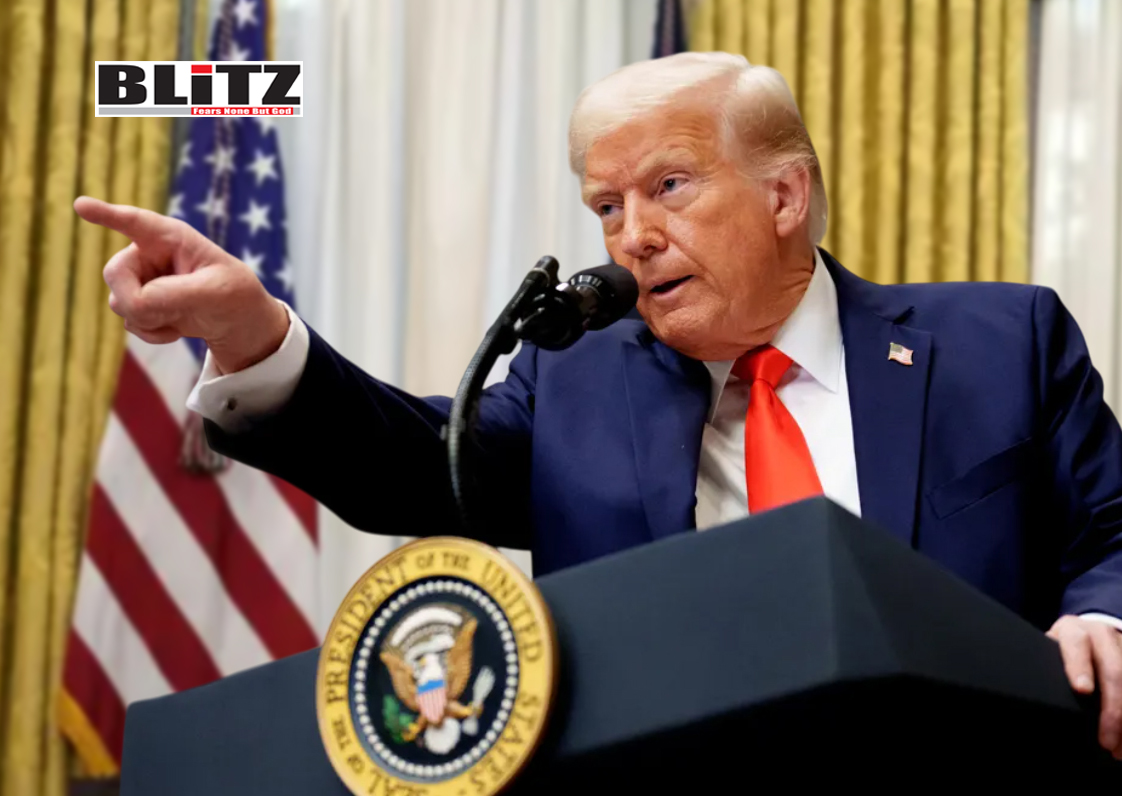

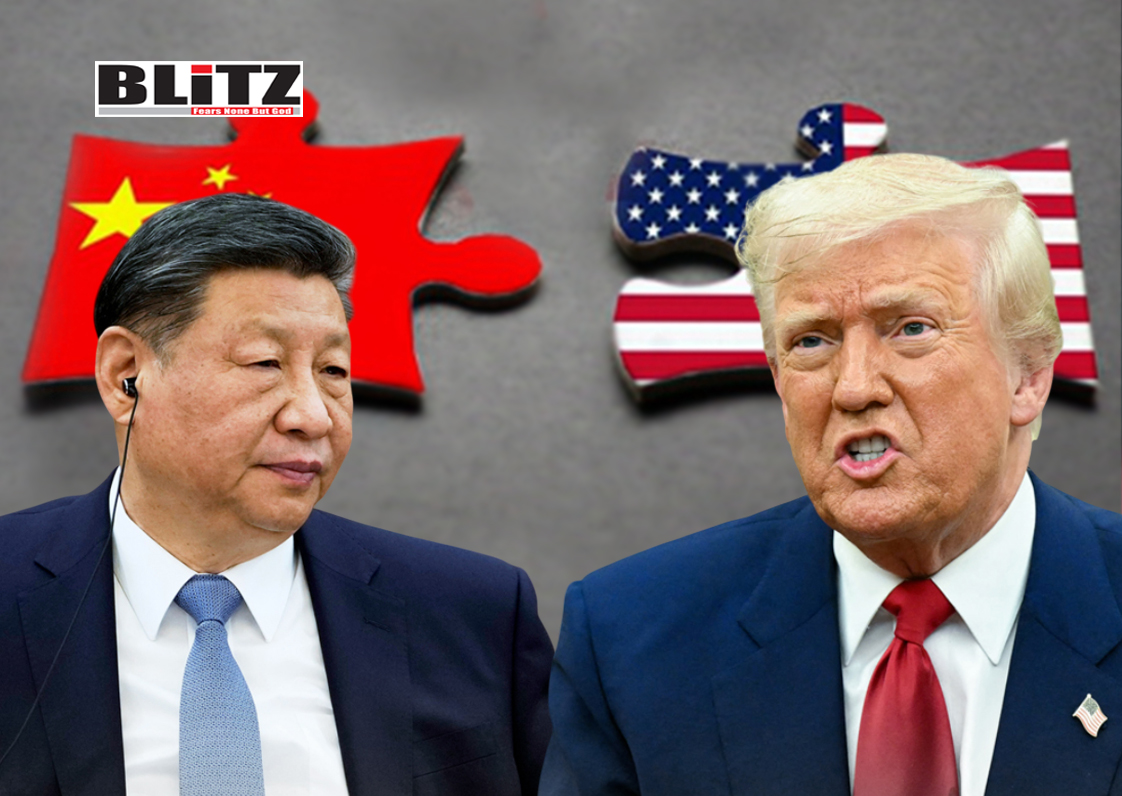
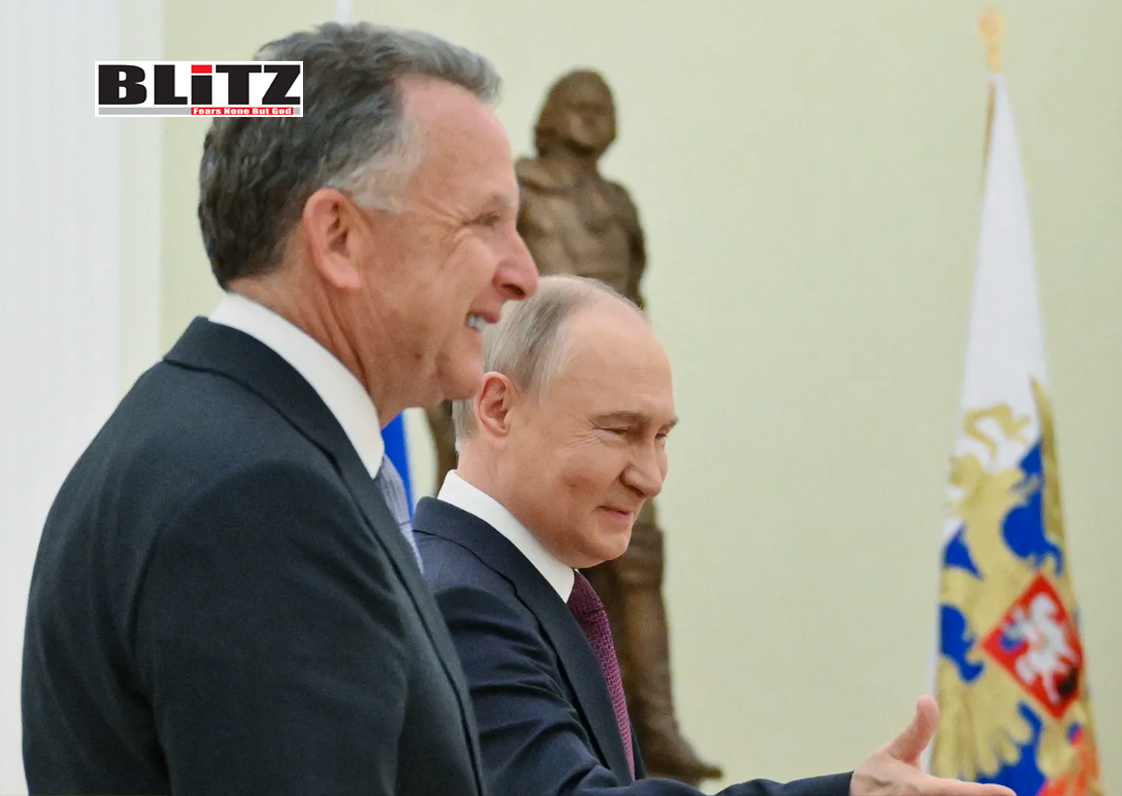
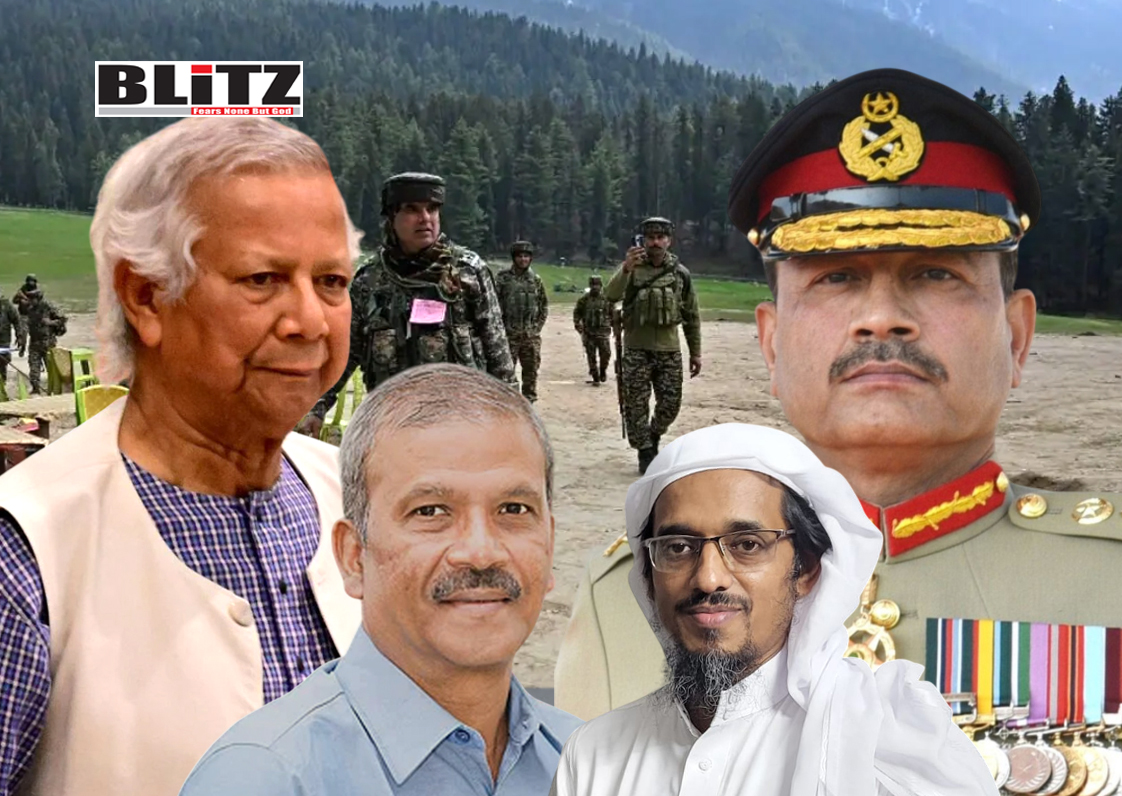
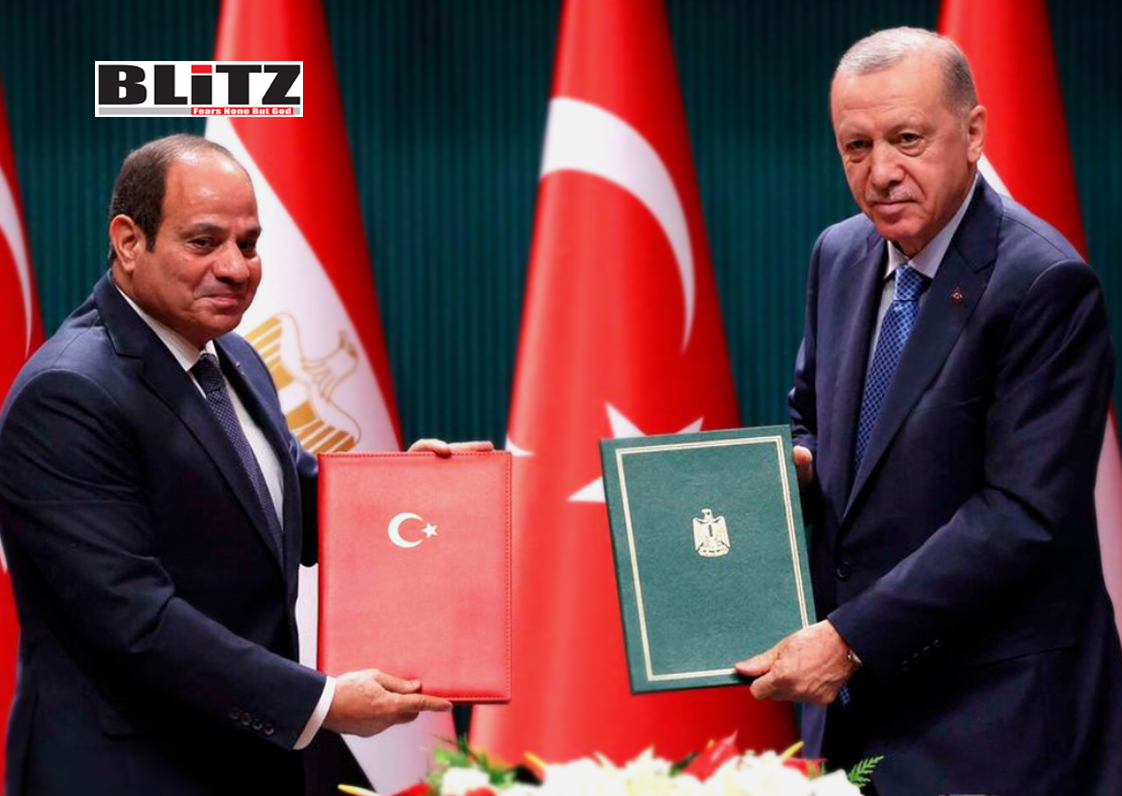
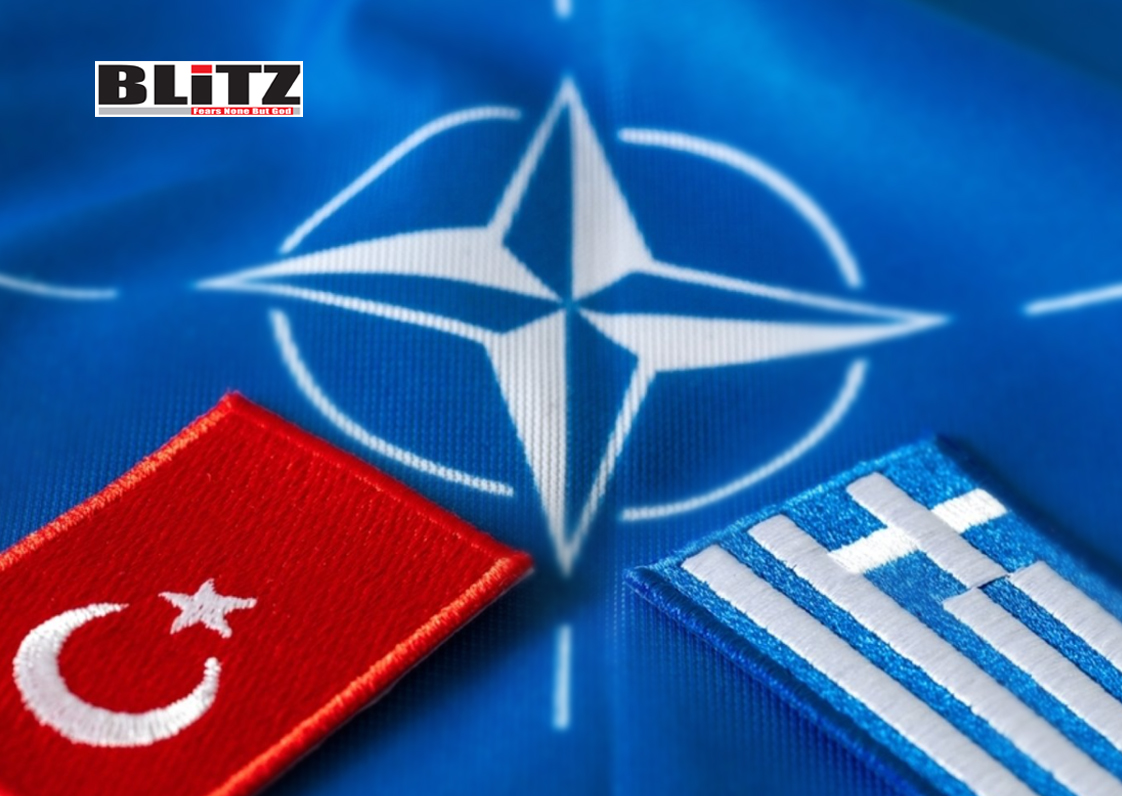
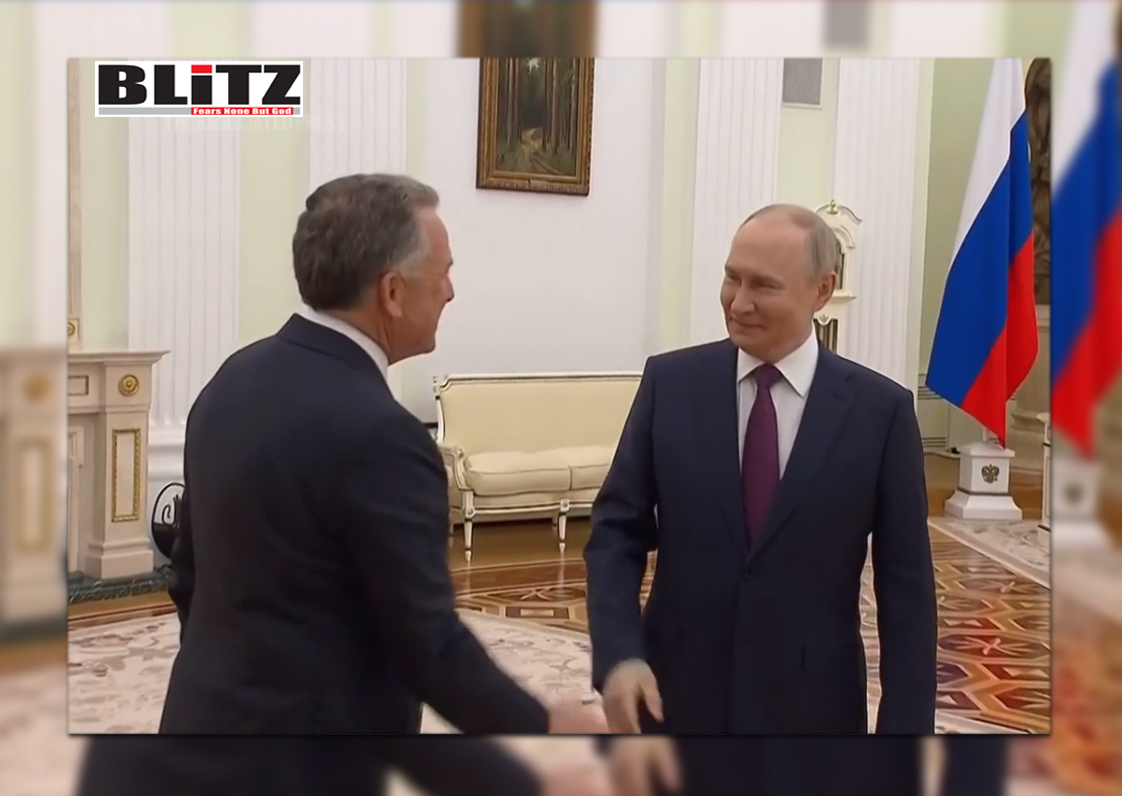
Leave a Reply